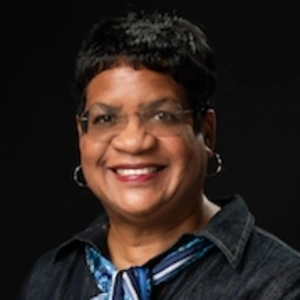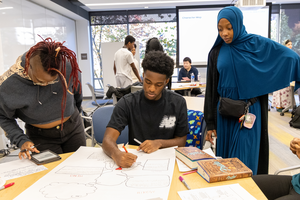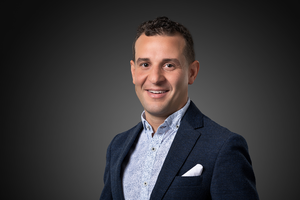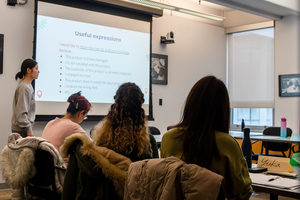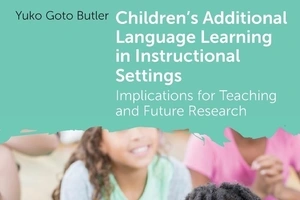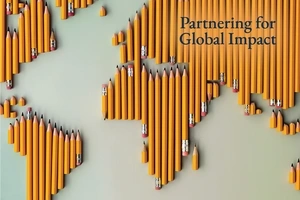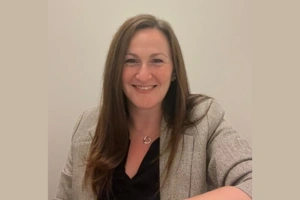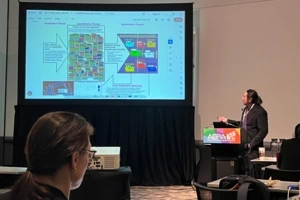Faculty Expert
-
Diane Waff
Director Emeritus of the Philadelphia Writing Project
Doctoral student and Philadelphia Writing Project scholar Barrett Rosser is expanding the notion of literacy and helping young Black women express self-love, build community and foster their identities at the same time.
A former high school teacher, Rosser founded the Black Girls Literacies Project (BGLP) for Black girls 14 to 18 years old, using “literacies” like art, music, writing, dance and other creative practices to provide young women with a safe space for conversation and self-discovery.
For many, “literacy” evokes reading and writing, but Rosser defines it more broadly.
“It means honoring our gifts in many different ways,” Rosser explained. “Literacies speak to the way people make meaning…and all of the ways we make meaning so we can love ourselves better.”
Participant Alana Jones joined the program for that self-exploration and shared experiences.
“I wanted to expand my horizons on self-love. I also wanted to meet girls outside my area with different experiences from my own,” said Jones, a 16-year-old student at Universal Audenried Charter High School in the Grays Ferry area of the city.
Rosser created the program in 2020 and is currently working with her third group of girls like Jones, although because of the pandemic, this is the first year they’ve been able to meet in person.
About 15-20 girls gather every other week in the spring for discussions, activities and outings. Rosser is often joined by fellow Penn GSE graduate student Rabiya Tujalloh and sometimes a social worker from one of the high schools. Together they journal, make TikToks, paint, read and discuss issues and concerns.
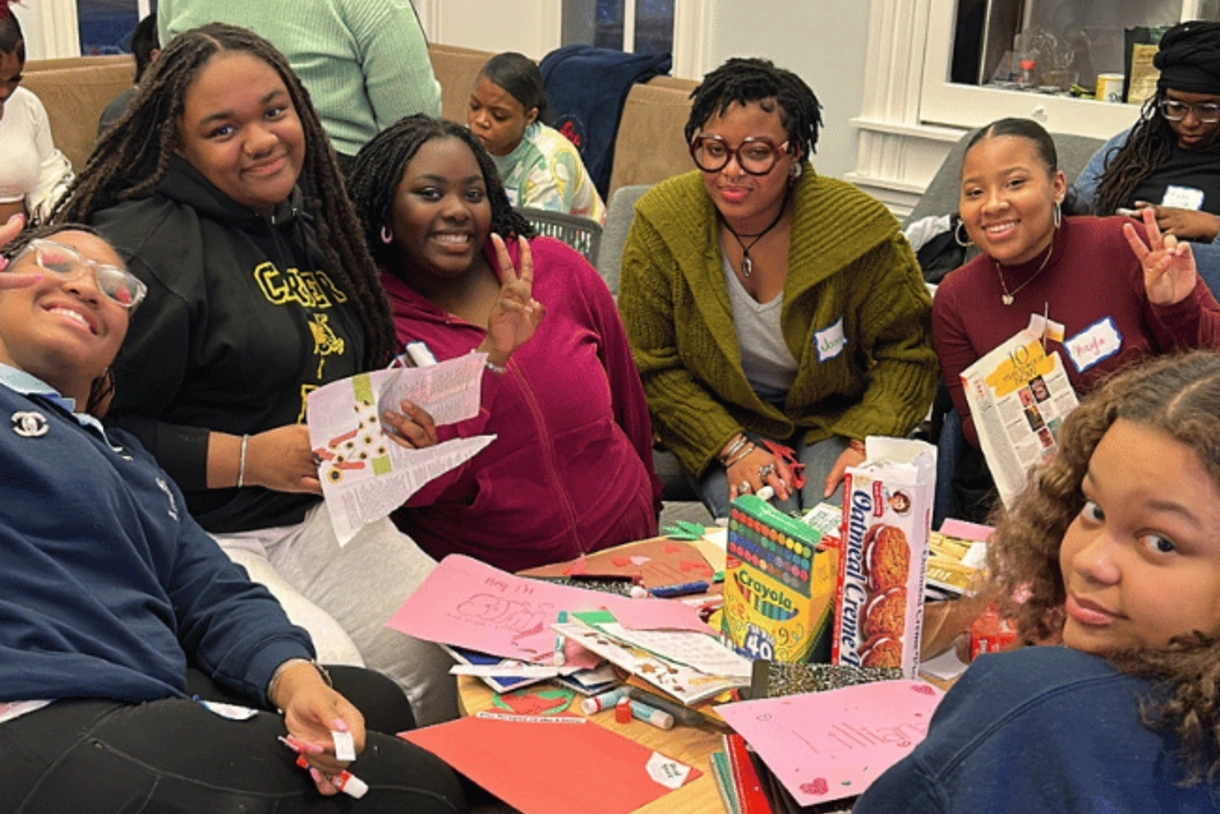
Coming up, Rosser plans to take the girls to The Edgar Allan Poe National Historic Site and The Colored Girls Museum . The museum is a gem for young women exploring their history and identities.
“It has artifacts by and about Black girls and women,” Rosser notes. “We’ll read and write into that space and think about the artifacts there and how they speak to us.”
Notably “we’re learning about it altogether,” she adds.
After more than a decade as a Philadelphia teacher, Rosser joined Penn GSE to further her studies, but says she missed her interactions with students. As an educator, she worked closely with Black girls in and out of the classroom, including as a step dance team coach. Bonding over anime and YouTube, she talked to them about their lives and concerns. Rosser says she wanted to continue that work.
With the encouragement of Diane Waff, a Professor of Practice at Penn GSE and PhilWP’s director, Rosser launched BGLP. Her first group met virtually in the spring of 2021, followed by an online summer program in 2022. The third group began meeting in February, and Rosser hopes to add future cohorts.
Several participants attend Hardy Williams High Mastery Charter School, where Rosser previously taught, including 14-year-old Jaylah Frink.
Frink joined the program to connect with peers in an environment where she could be herself.
“What I hope to learn is embracing who I am no matter what. I want to be able to take my peers' stories about their lives to help me push through,” Frink said. “I want the motivation to keep going and chase my dreams.”
Fellow Hardy Williams student Elizabeth Polk, 15, hopes the program teaches her to take care of herself and advance her education.
“How can what I read and write shift gears in my mind?” she asked. “I plan to take this into my studies by learning myself and learning what works best for me.”
The program is emblematic of PhilWP’s mission to support teachers and students, build literacies and encourage practices, according to Waff and Rosser. They hope the program will help fellow educators connect with young Black women and build a curriculum to support them.
Equally important, Rosser wants her students to feel empowered, confident and loved.
“Working with Black girls is important, and if we get it right with them, we will get it right for all of our students,” Rosser added.
The students say they’re already feeling the positive impact.
Elizabeth Polk summed it up best when she said: “As a Black girl, I have the power to do anything and everything; With that power, I can make myself stronger.”
Media Inquiries
Penn GSE Communications is here to help reporters connect with the education experts they need.
